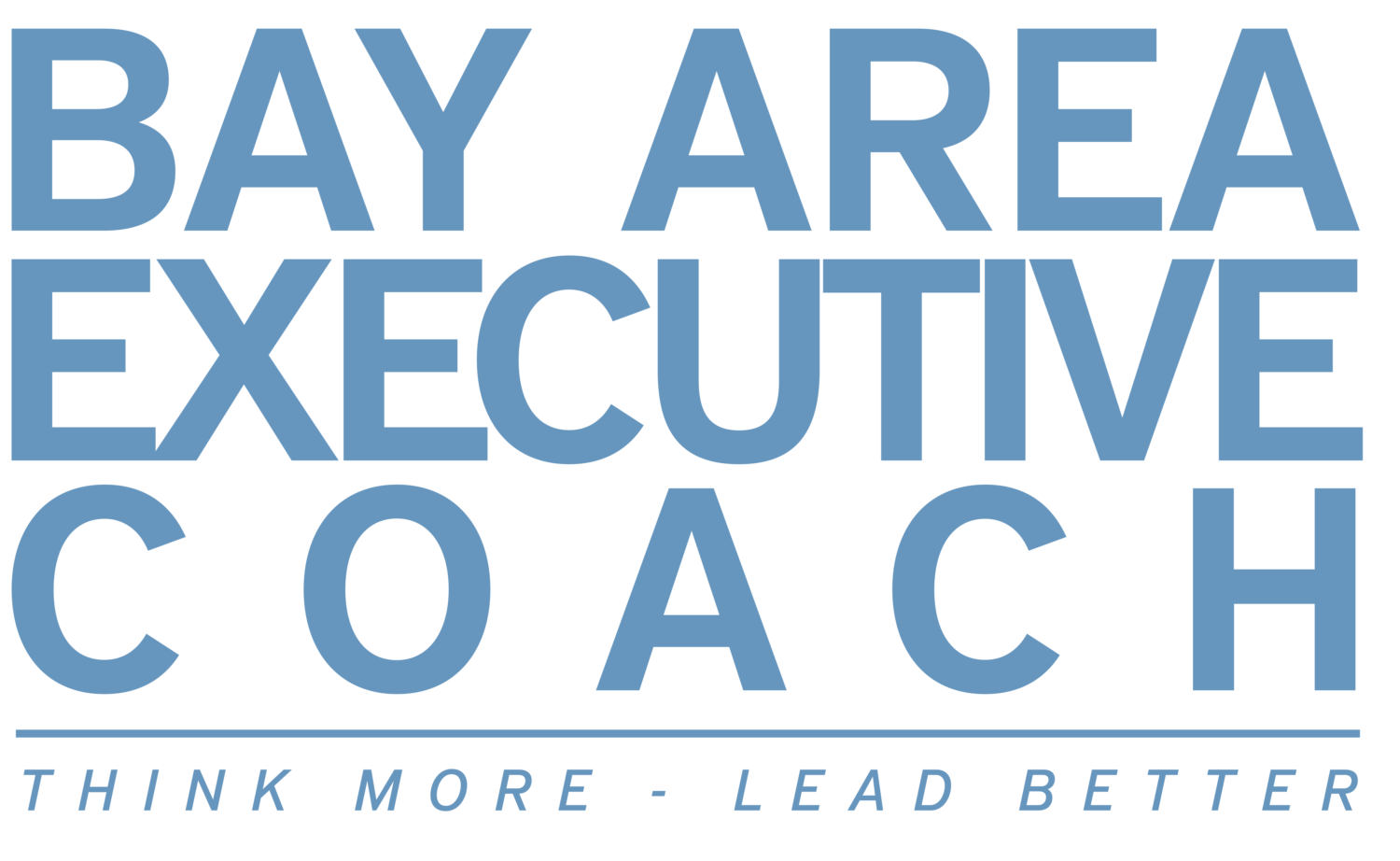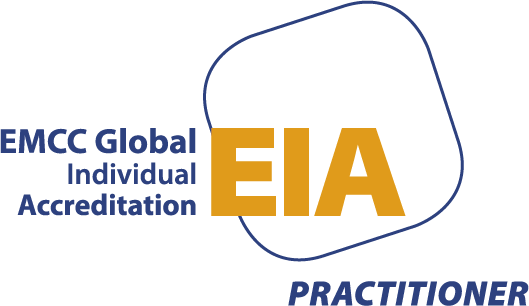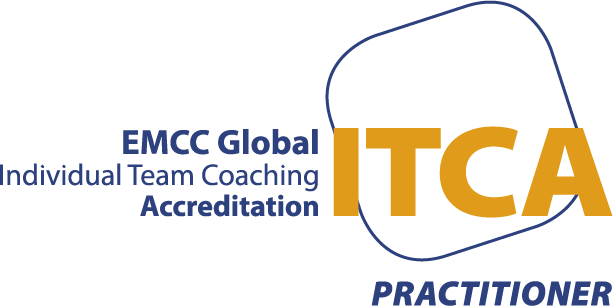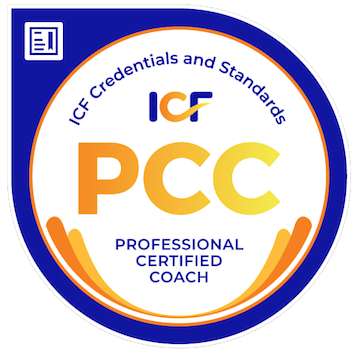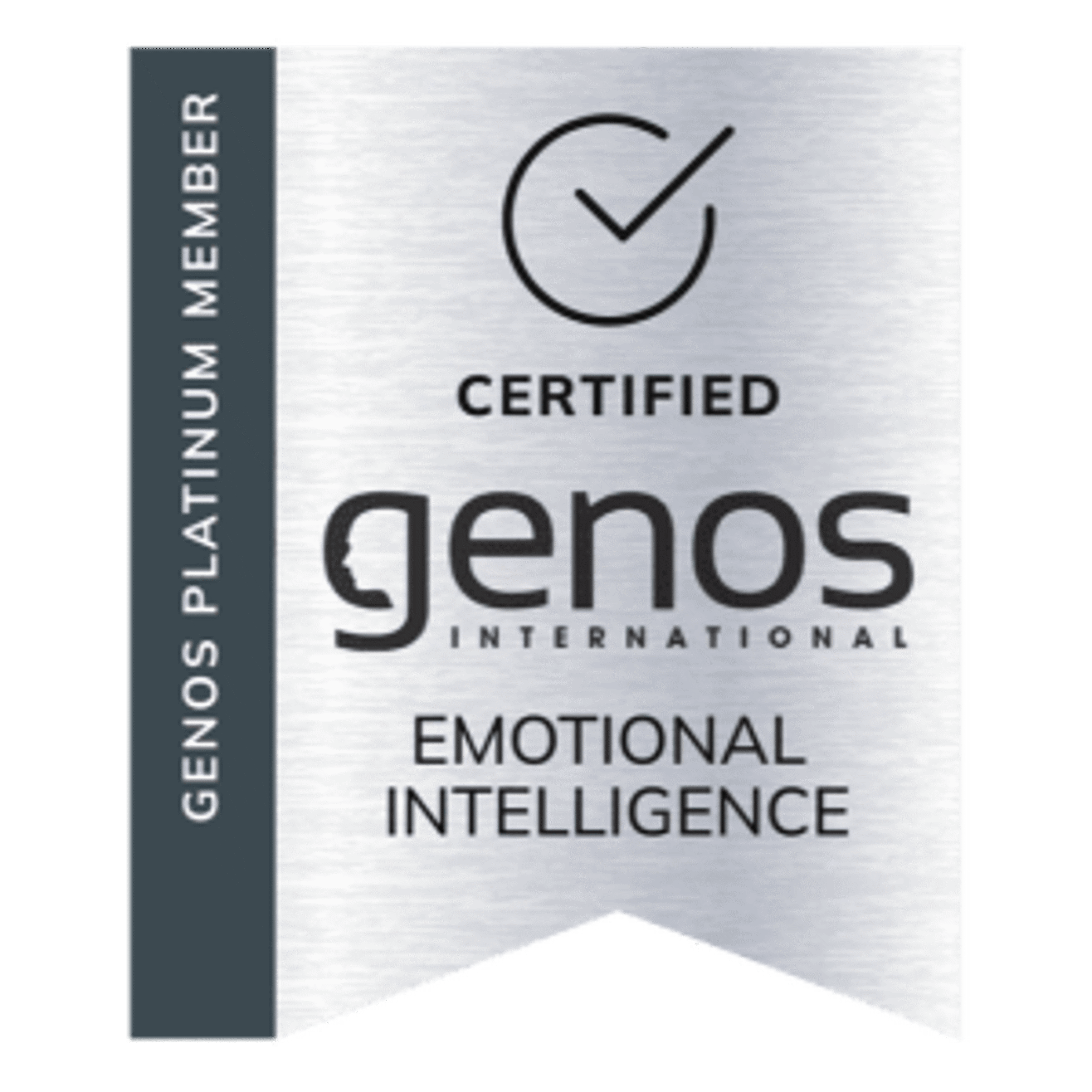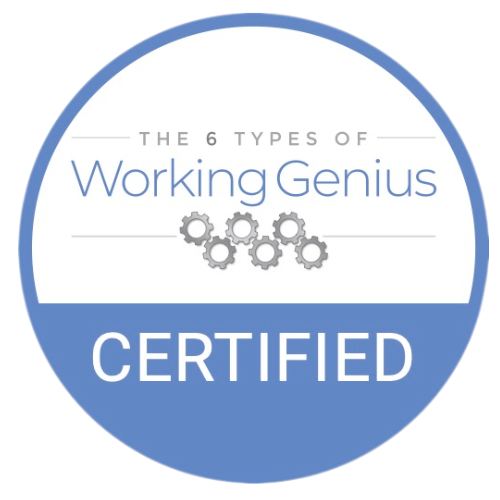Emotional Intelligence
What is Emotional Intelligence?
EI is the capacity of individuals to recognize, comprehend, and regulate their own emotions while understanding and influencing the emotions of others. It’s a crucial skill in both personal and professional settings. Emotional Intelligence is more than just an innate trait—it can be developed and honed over time. Its relevance in today’s workplace makes it an indispensable skill, allowing for enhanced teamwork, leadership, and overall organizational success..
Components of Emotional Intelligence include:
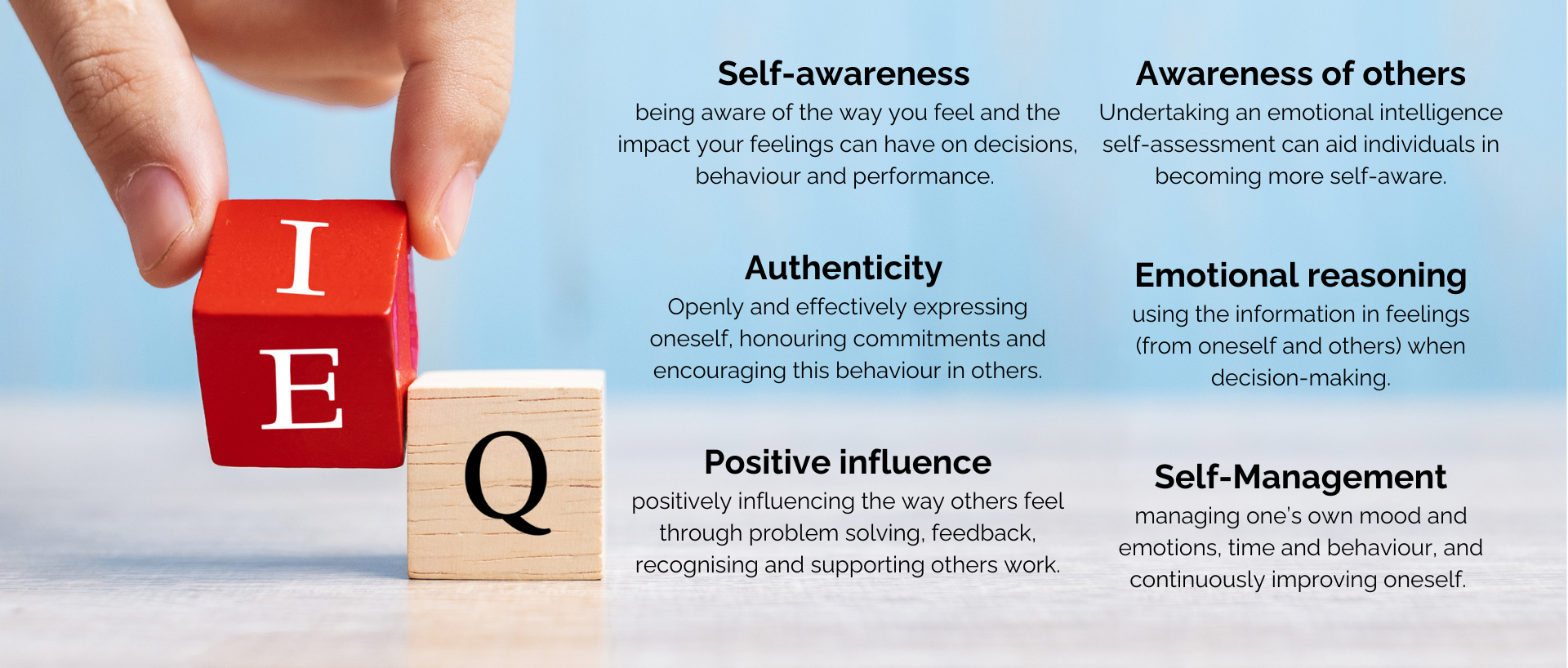
The Genos Development Assessments
Assessments of emotional intelligence can help organizations evaluate EI among leaders and staff, enhancing team collaboration and leadership effectiveness. Genos Emotional Intelligence assessments measure how often individuals display emotionally intelligent workplace behavior that underlies success. They are supported by a wealth of peer-reviewed research and are accompanied by beautiful reports that provide accessible and practical development suggestions.
Genos Emotionally Intelligent Leadership Assessment
Leadership is fundamentally about facilitating performance. Research has proven that a leader’s emotional intelligence is key to their capacity to facilitate emotions in others that drive high performance and employee engagement. This is more than just a moral compass; it’s also a recipe for success in leadership development. Organizations with emotionally intelligent leaders achieve a critical level of sustainable competitive advantage: a high-performance culture and customer loyalty.
The Genos emotionally intelligent leadership assessments are a highly useful measure of emotional intelligence for leaders. They measure how well one demonstrates emotionally intelligent leadership competencies in comparison to others. The more often one demonstrates the competencies measured, the more effective their leadership can be.
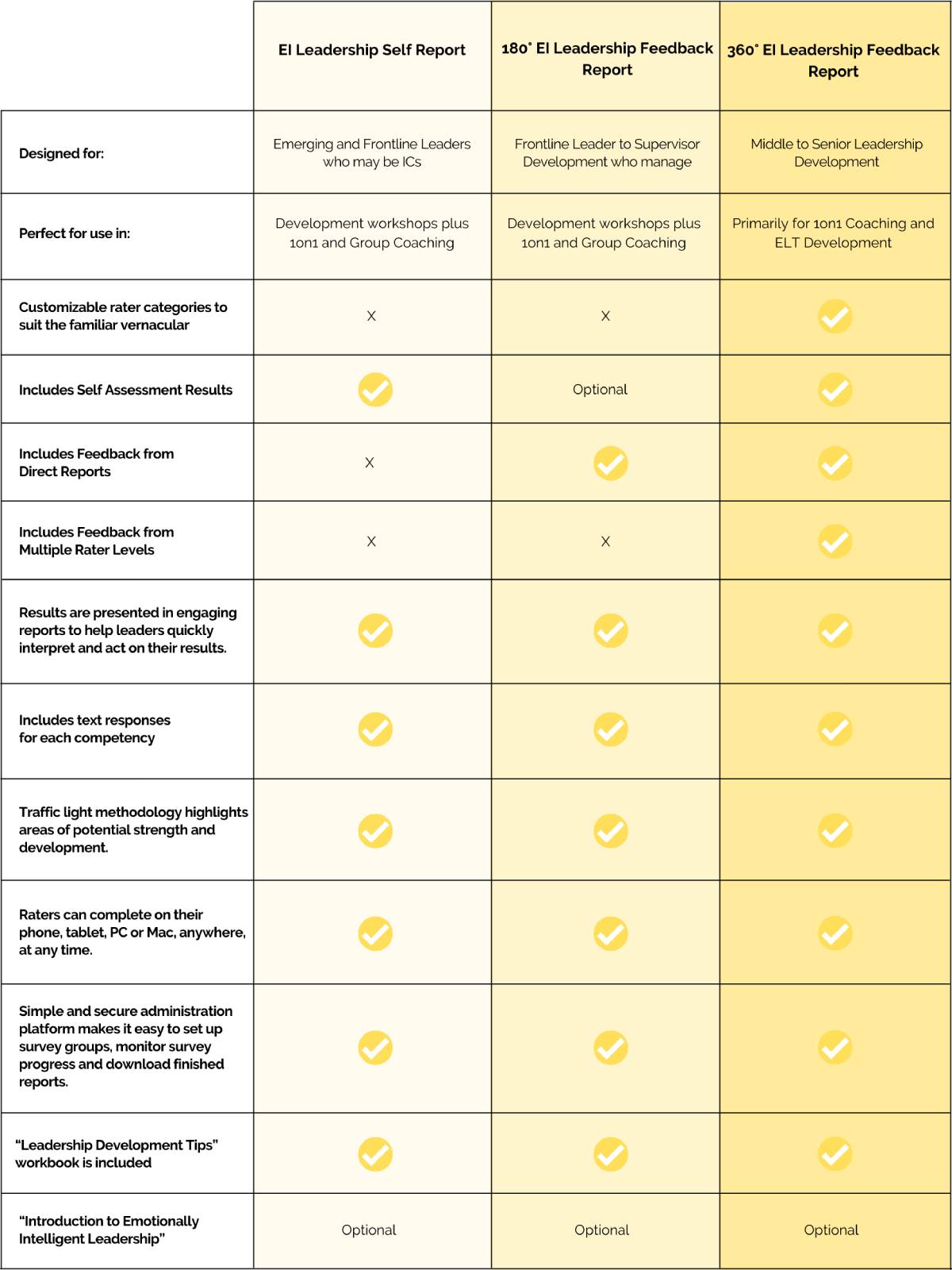
Genos Emotionally Intelligent Sales Assessment
Today buyers can justify their decisions online and elsewhere without any input at all from salespeople. But buyers purchase based on emotion and justify their choice with logic. It’s the connection you make, how well you work through their objections, and how confident you help make them feel that helps you make the initial sale. How well you deliver on your promises, maintain the relationship, and help the buyer navigate internal disagreements that keeps them loyal. Emotional intelligence is the critical competency underpinning all this.
This report will provide you with:
- Insight into how important it is that you demonstrate emotionally intelligent workplace behavior.
- Insight into how well you currently exhibit emotionally intelligent workplace behavior.
- Practical tips on obtaining additional feedback from others on your emotional intelligence and how to effectively respond to it.
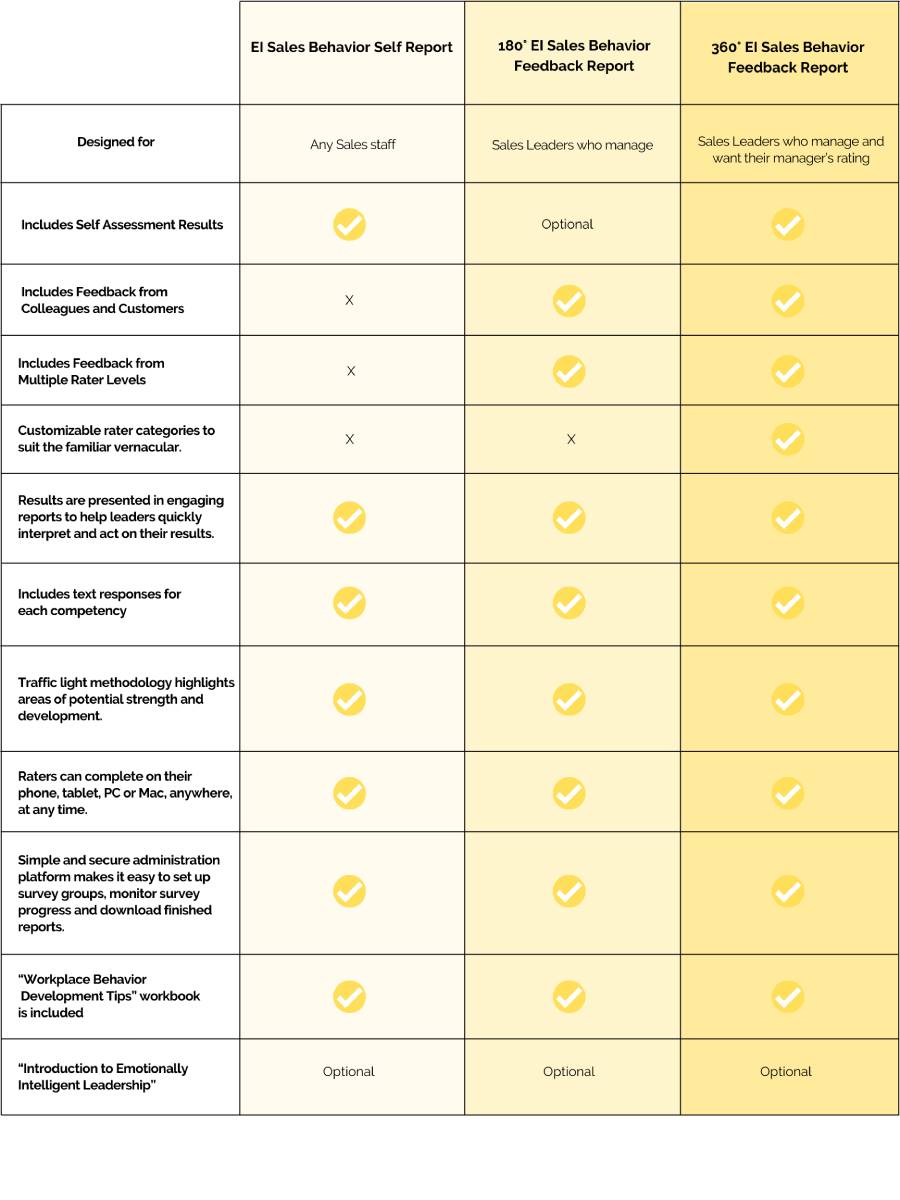

Genos Emotional Intelligence Recruitment Assessment
Organizations are integrating Emotional Intelligence into Recruitment when selecting and hiring new employees, through to development and talent management initiatives in human resources, through transitioning people into other positions.
The Genos emotional intelligence recruitment survey is a highly useful measure of how often a candidate demonstrates emotional intelligence in the workplace. Published psychometric studies have shown that scores on the Genos assessment meaningfully correlate with many important workplace variables.
The higher people score on the Genos assessment, the higher they tend to also score on measures of:
- Workplace performance
- Leadership effectiveness
- Sales
- Customer service
- Resilience
- Teamwork effectiveness
- Employee Engagement
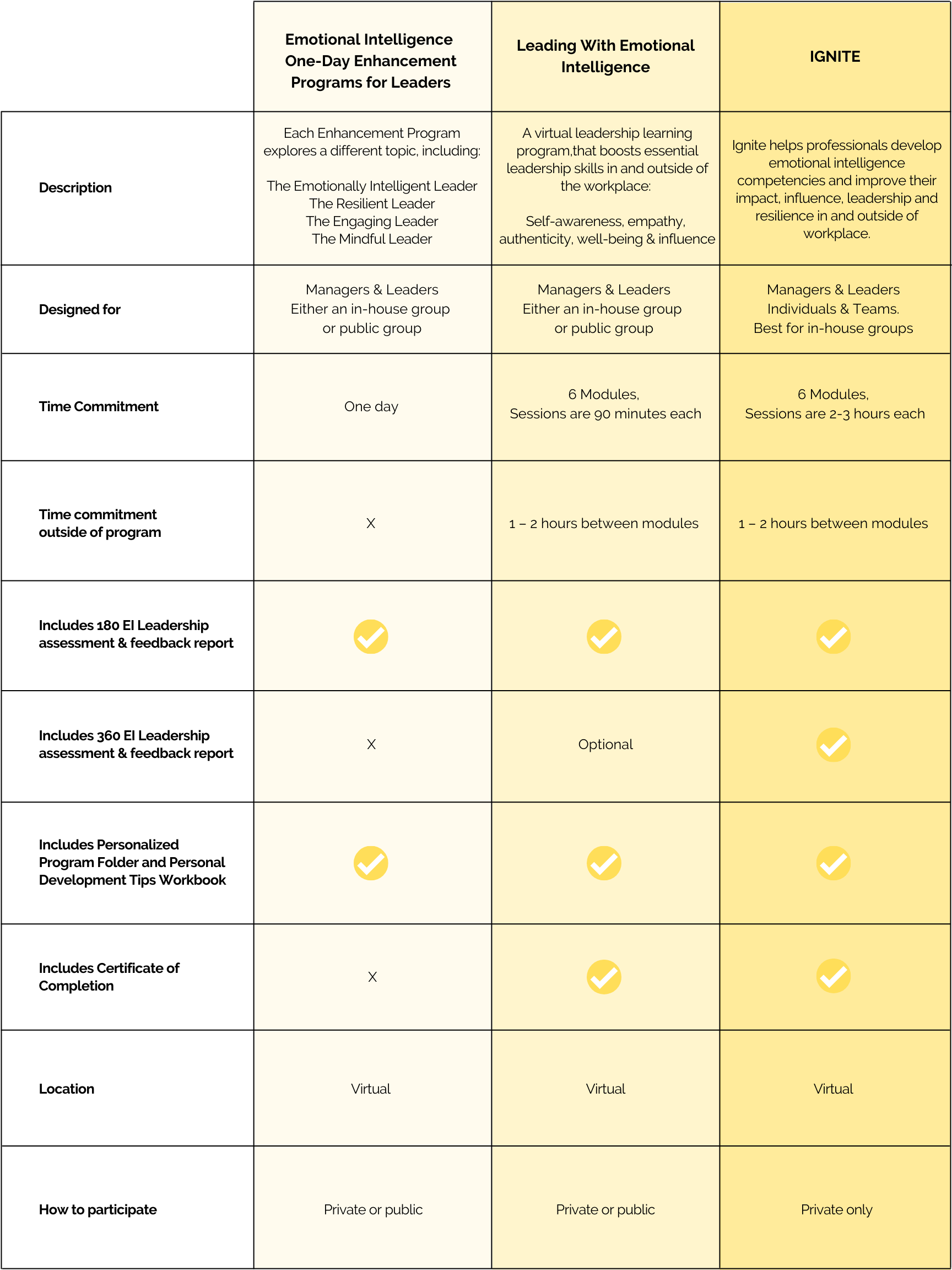

Genos Emotional Culture Index (ECI)
Do you know how your team is feeling right now?
When you know how your people are feeling you can better plan where to focus your energy to optimize engagement, productivity, retention and resilience.
Get an Emotional Culture Index report for your organization – at no cost!
The Emotional Culture Index is designed to measure three dimensions of emotions at work:
- How often your people experience certain feelings at work.
- How often your people think it’s fair and reasonable to experience these feelings at work given the nature and context of your workplace.
- How often your people think they should ideally experience these feelings in your workplace in order to be effective.
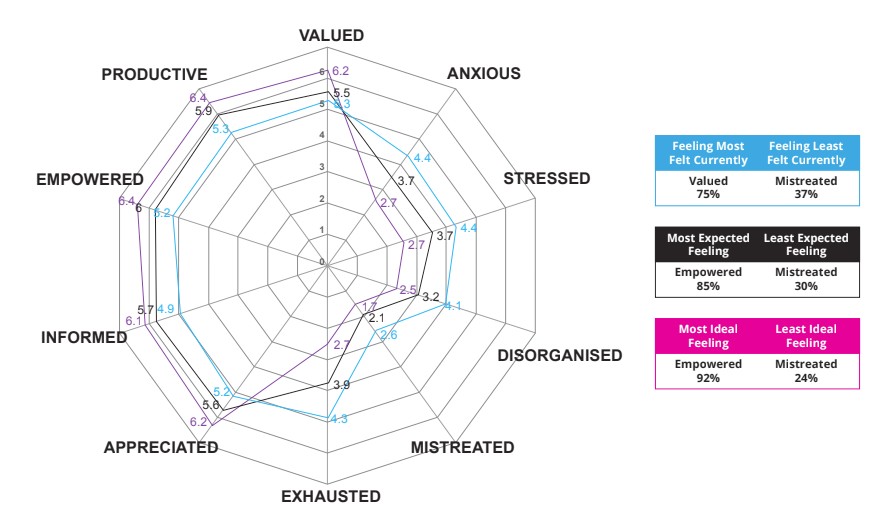

Takeaways
In the dynamic landscape of today’s workplace, the ability to manage emotions effectively has become paramount. A person who deeply understands emotion is better equipped to navigate challenges, foster positive relationships, and contribute to a harmonious working environment. Tools like the Genos EI assessment, which only takes a few minutes to complete, provide invaluable insights into an individual’s emotional quotient (EQ).
By adopting a comprehensive model of emotional intelligence, organizations and individuals can ensure they’re well-prepared to experience a wide range of emotional scenarios and respond in ways that optimize outcomes for everyone involved. Embracing the principles and practices of emotional intelligence isn’t just beneficial—it’s essential for modern success.
Contact us to learn more about any of the assessments described above and to determine how to bring them into your organization. We also have EI workshops that you can bring to your organization, learn more about it here.
If you’re interested in learning more, here are some resources:
Articles
- Self-Awareness: The First Step to Emotional Intelligence for Sales Professionals
- 9 Top Signs You Need an Emotional Intelligence Coach
- Eight Powerful Benefits of Emotional Intelligence in the Workplace
- How to Build Trust and Connection Through Emotional Intelligence
- Bay Area Executive Coach to Offer Genos International Emotional Intelligence Assessments
- Leading with Emotional Intelligence
YouTube Videos
- 4 Reasons Why You Need to Invest in Your Emotional Intelligence as a Leader
- Leadership Assessment for Emotional Intelligence
- Using Emotional Intelligence in Executive Coaching With Expert Trevor Blondeel
- Improve Communication Using the “Three Levels of Conversation” in Your Business
- How to Have Better Sensitive Conversations as a Leader
- What is Conversational Intelligence? An Introduction to C-IQ
- Unlocking Empathy: The Key to Exceptional Leadership
Case Studies
- Guiding a Leader to Employ Emotional Intelligence at Work
- How Conversational Intelligence Helped Resolve Friction in a Manager-Staff Relationship
eBook
Guide
Photo copyright: First photo is from ©Panuwat Dangsungnoen via Canva. Second photo is from ©Edwin Tan via Canva. Third photo is from ©arturmacciniephotos via Canva. Fourth photo is from ©bert_phantana via Canva. Photo graphic on header is from ©heyengel via iStock. Photo graphic on footer is from ©Jared Erondu via Stocksnap.
